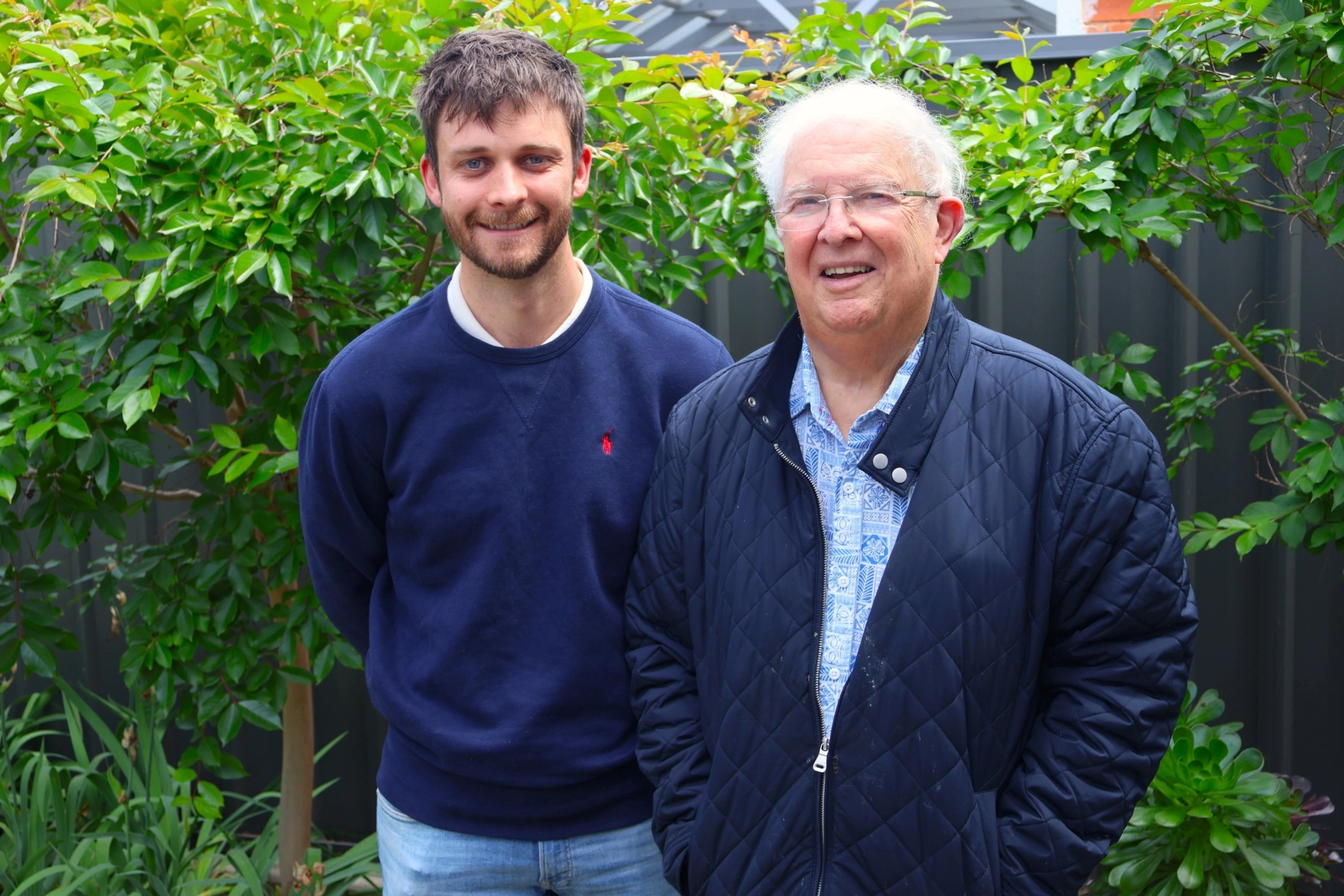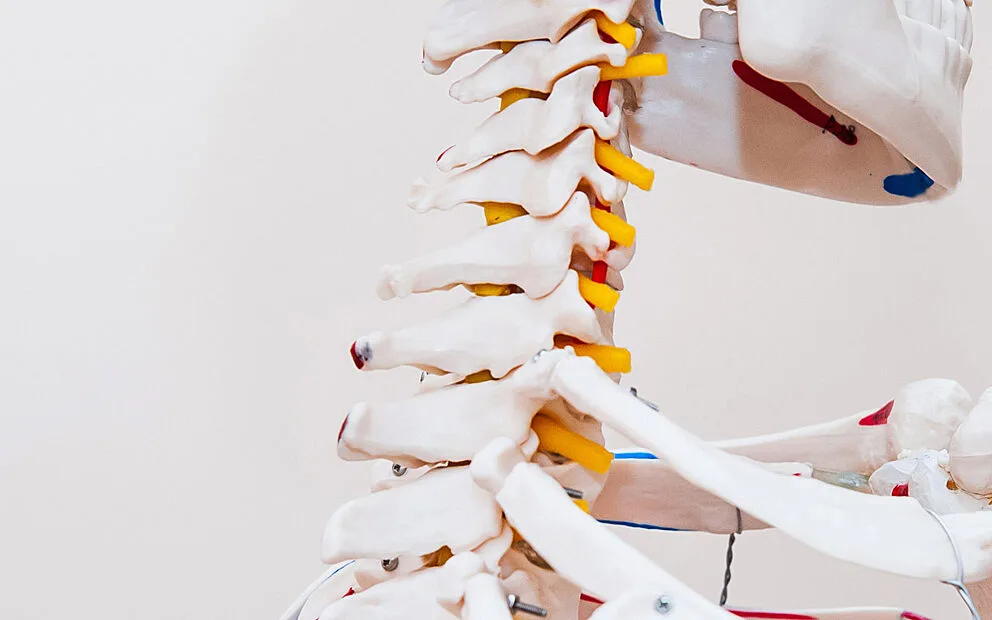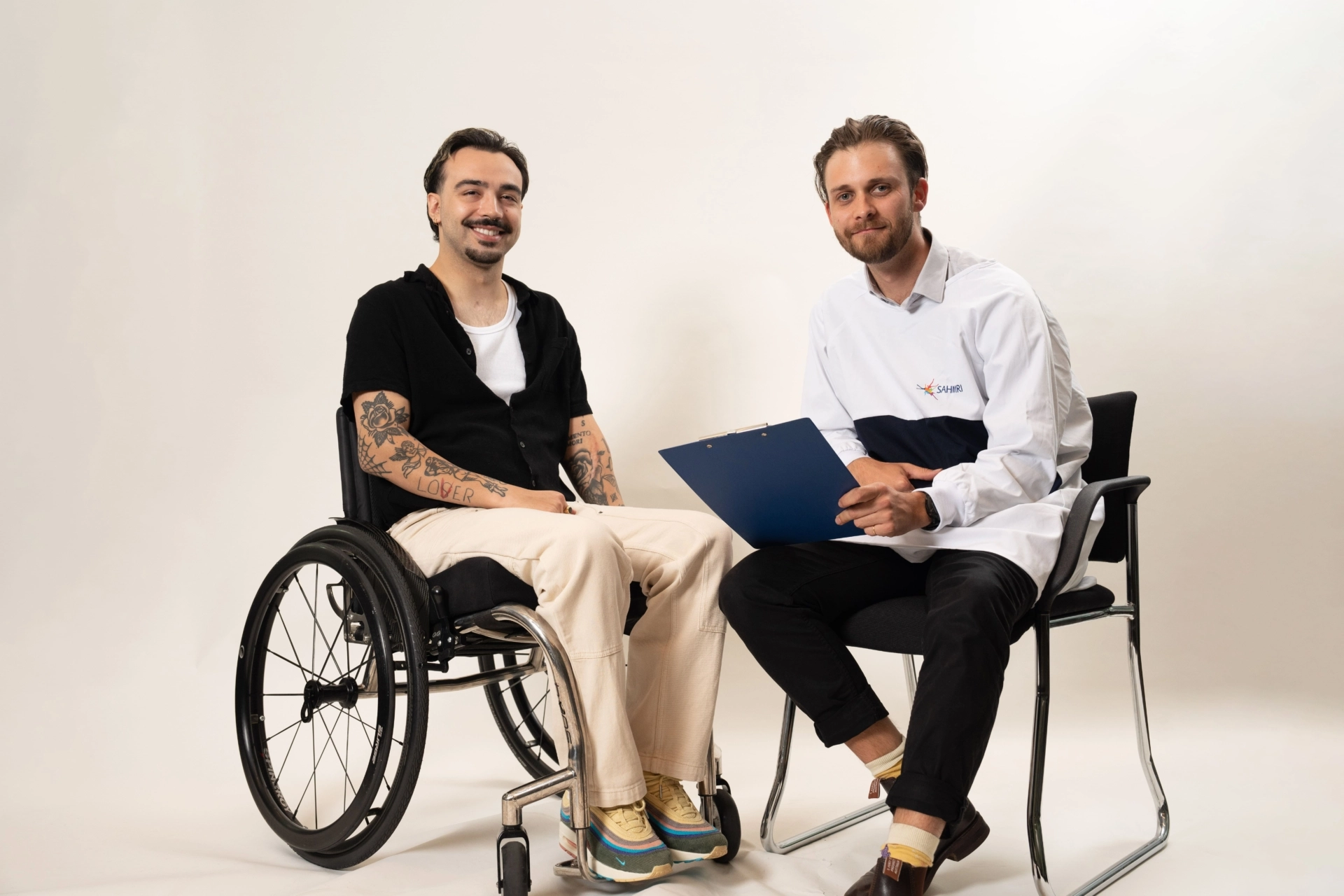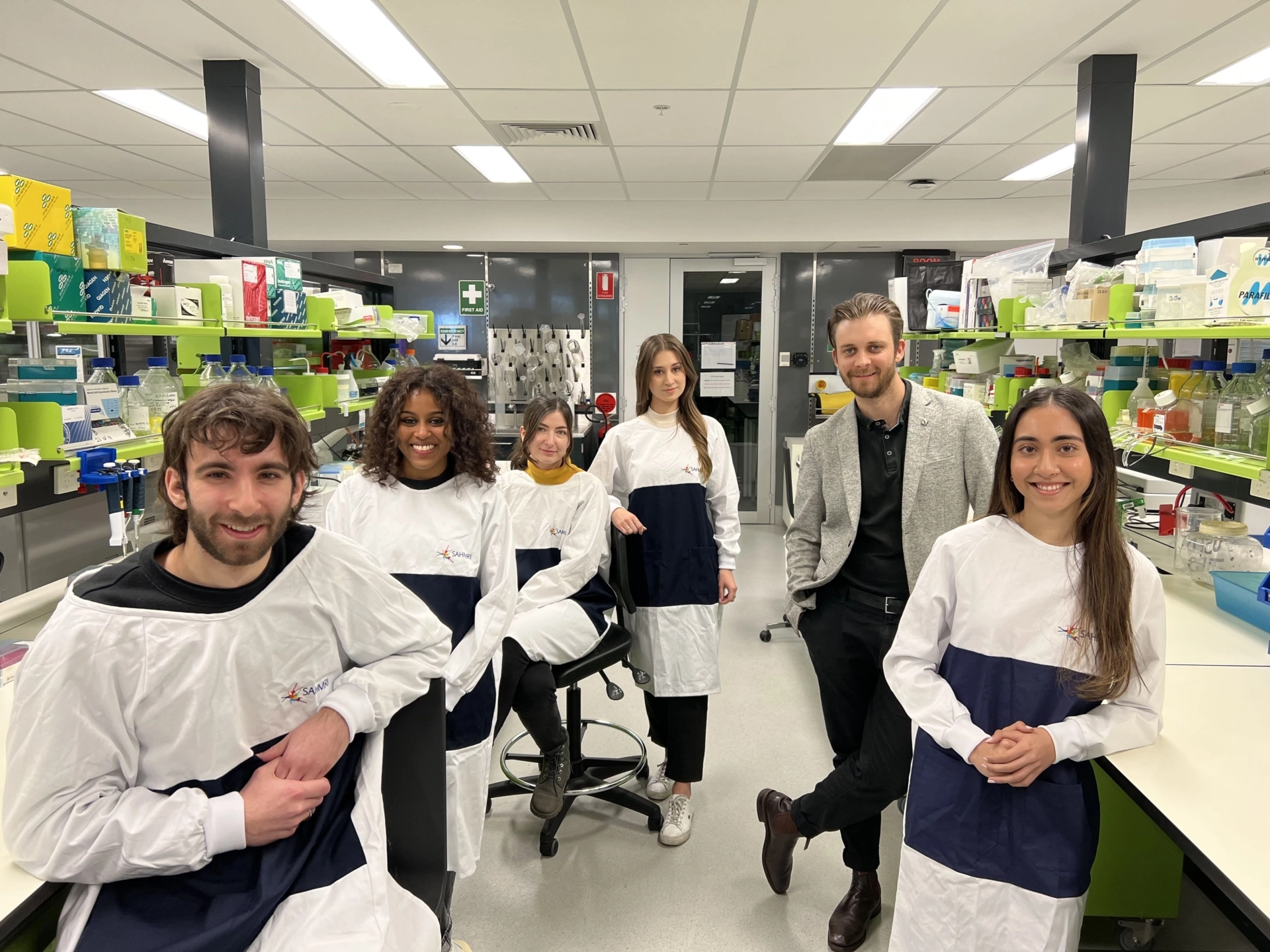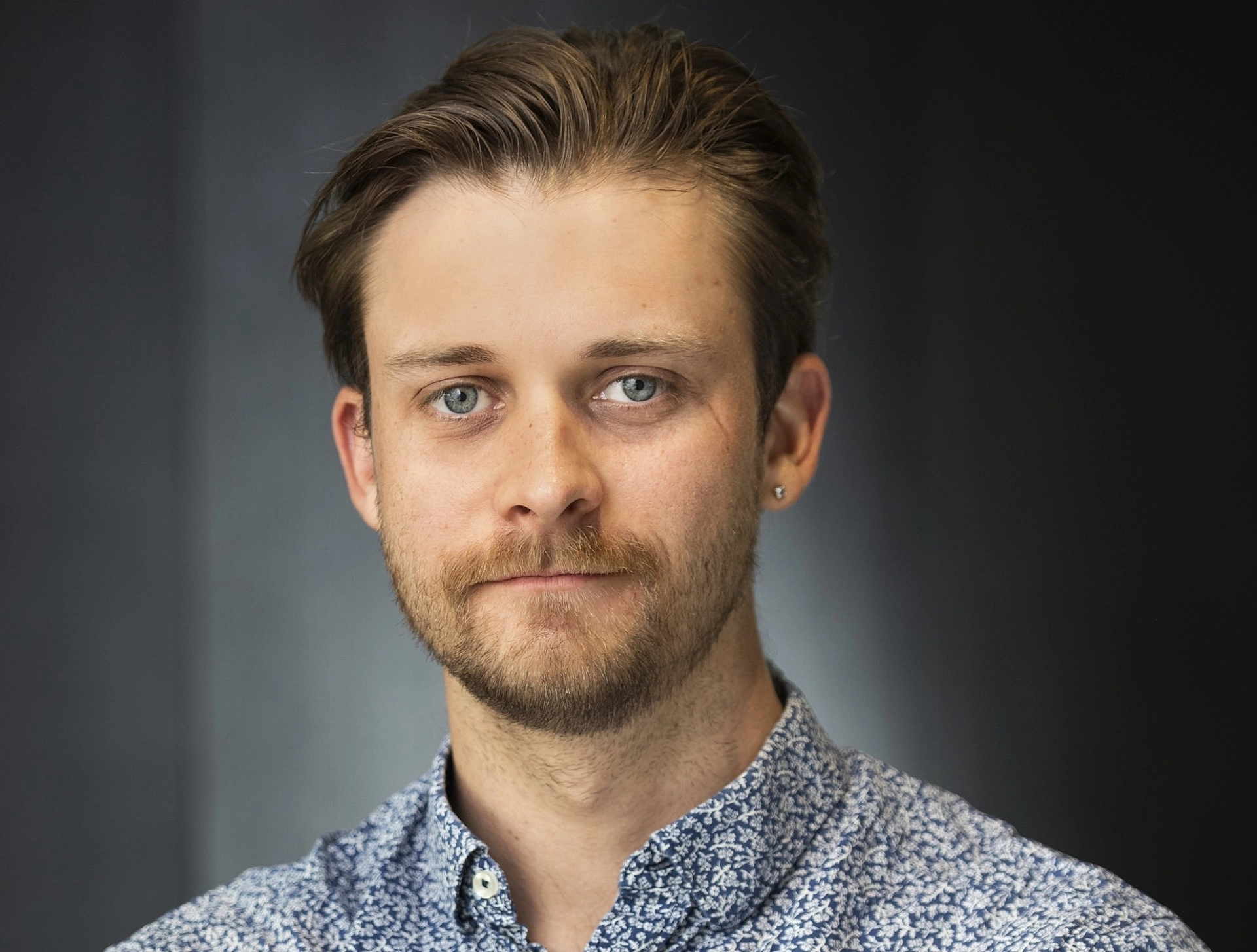Dr Stephen Scammell often reflects on the strength and resilience of his late wife, Rose, who endured a devastating spinal cord injury (SCI) that left her quadriplegic.
“Rose was the eternal optimist. She always found a way to see the good in every situation, even after her injury,” Stephen said.
The life-altering accident occurred when Rose, unable to find the spare key to open the couple’s home, stood on a wheelie bin and reached over to unlock the gate, falling and breaking her neck.
Stephen became his wife’s primary carer for many of their 47 years of marriage, witnessing firsthand the brutal reality of life with a spinal cord injury.
“The hardest part wasn’t just the physical limitations, but the emotional toll of losing the ability to do the things she loved,” Stephen said.
“Seeing her fight through the pain every day was both inspiring and incredibly difficult. It’s something that no one should ever have to endure.”
The aftereffects of Rose’s injury caused her to eventually go blind from a lingering pressure sore, an extreme consequence of a common secondary complication of spinal cord injury. This ultimately robbed Rose of her favourite remaining pastime, not affected by her initial injury - reading.
Individuals with high-level spinal cord injury, or quadriplegia, are commonly at high risk of developing pneumonia, and it was this infection that ultimately led to Rose’s death many years after her accident.
Dr O’Hare Doig’s research is targeting these health consequences linked to SCI, striving to boost overall quality of life and give freedom back to people like Rose.
"Rose’s experience showed me just how difficult life can be for those with spinal cord injuries, and I want to support research that can make a difference for others facing similar challenges,” Stephen said.
Enjoying a long career as an anaesthetist, Stephen's keen interest in neurological research first stemmed from witnessing the devastating effects of polio on his colleagues during medical training.
“I’ve always been fascinated by neurological conditions and spinal cord injuries in particular,” Stephen said.
“There’s still so much we don’t understand about the nervous system and that drives my desire to support this kind of research.”
The donation will support Dr O’Hare Doig and his student team to build a unique tool with the potential to be used by spinal cord injury clinicians and researchers worldwide. This comprehensive data set will help identify patterns and early indicators, known as biomarkers, to predict how different individuals will recover following a spinal cord injury. Dr O’Hare Doig says the project is critical to fill a glaring gap in the research field.
“Mapping these biomarkers within the injured spinal cord is foundational to building our understanding of the biological changes that occur after injury and limiting the development of health complications like neuropathic pain, pressure sores and respiratory infections,” Dr O’Hare Doig said.
“With the use of this tool and solid database of in-depth information in place, we’ll be able to continually refine our approach in treating every unique case of spinal cord injury, saving time and delivering better outcomes for each and every patient.”
“The research we’re conducting now could dramatically improve quality of life, and generous contributions like Stephen’s make that progress possible.”
From Dr O’Hare Doig’s perspective preventing the secondary health outcomes like neuropathic pain is just as important, if not more, as the search for a cure. While research is progressing, Stephen remains realistic about the challenges ahead.
“There’s still a long way to go before we see the kind of reversal people want for spinal cord injuries. But the work they’re doing now is crucial, especially when it comes to understanding pain and pain management,” Stephen said.
By contributing to the Neil Sachse Centre at SAHMRI, Stephen hopes to make a lasting difference in the lives of those affected by spinal cord injuries.
"Rose’s strength and courage inspires me to make a difference and this is my way of honouring her legacy,” Stephen said.
“If we can help ease the burden even a little, then it’s worth every cent.”
